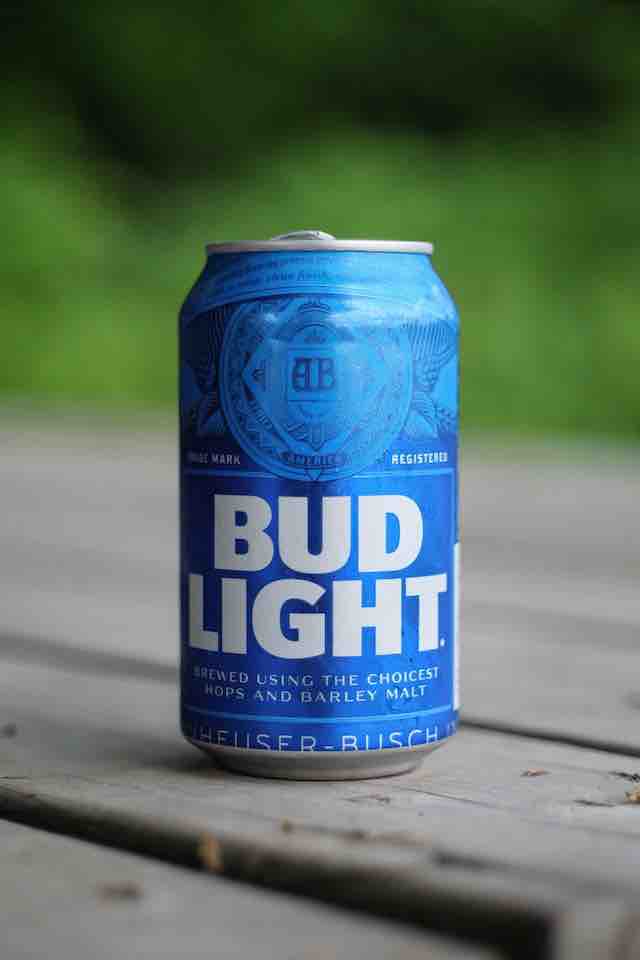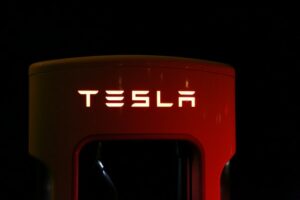In the ever-competitive world of beer marketing, brands often rely on innovative promotions to capture consumer attention and boost sales. However, not all promotions go as planned. Bud Light, a well-known beer brand under the Anheuser-Busch umbrella, recently experienced a significant sales slump, following a controversial promotion featuring social media influencer, Dylan Mulvaney. This blog post delves into the details of the promotion, the subsequent boycott, and its impact on the brand’s sales.
The Anheuser-Busch Promotion:
Anheuser-Busch, the parent company of Bud Light, has a history of successful marketing campaigns that have resonated with consumers. In an attempt to appeal to younger audiences and tap into the power of social media, the company partnered with popular influencer Dylan Mulvaney. The promotion featured Mulvaney in various advertisements and social media posts, promoting Bud Light as the ultimate beer choice for the younger generation.
The Boycott and Backlash:
Unfortunately, the promotion featuring Dylan Mulvaney did not receive the warm reception that Anheuser-Busch had hoped for. Instead, it faced an unexpected backlash from a section of consumers who felt that Mulvaney’s image did not align with the values they associate with Bud Light. Critics argued that the influencer’s content often bordered on controversial, and they accused Anheuser-Busch of prioritizing social media presence over brand integrity.
In response to the backlash, a vocal group of consumers called for a boycott of Bud Light products. The hashtag #BoycottBudLight quickly gained traction on social media platforms, with many expressing their disappointment and vowing to switch to competitor brands.
The Impact on Sales:
The consequences of the boycott were swift and severe. Bud Light’s sales took a significant hit in the weeks following the promotion’s launch. Many loyal customers felt disheartened by the brand’s association with Dylan Mulvaney, leading them to look for alternative beer choices. Additionally, the negative publicity surrounding the boycott deterred potential customers from trying Bud Light.
Anheuser-Busch’s Response:
In the face of declining sales and mounting pressure from consumers, Anheuser-Busch took swift action. The company issued a public statement addressing the concerns raised by consumers and acknowledged the misjudgment in the selection of the influencer for the campaign. They emphasized their commitment to listening to their customers and understanding their preferences.
Anheuser-Busch also announced that they would be reevaluating their marketing strategies to avoid similar controversies in the future. As part of the efforts to regain consumer trust, they promised to collaborate with consumer focus groups to gather feedback on potential promotions and brand partnerships.
The Bud Light sales slump following the Anheuser-Busch promotion with Dylan Mulvaney serves as a cautionary tale for companies in the age of influencer marketing. Brands must carefully consider the values and image of the influencers they partner with to avoid alienating their core customer base. While the promotion might have been aimed at attracting a younger audience, the negative repercussions it faced highlight the importance of aligning marketing efforts with the brand’s identity and values.












